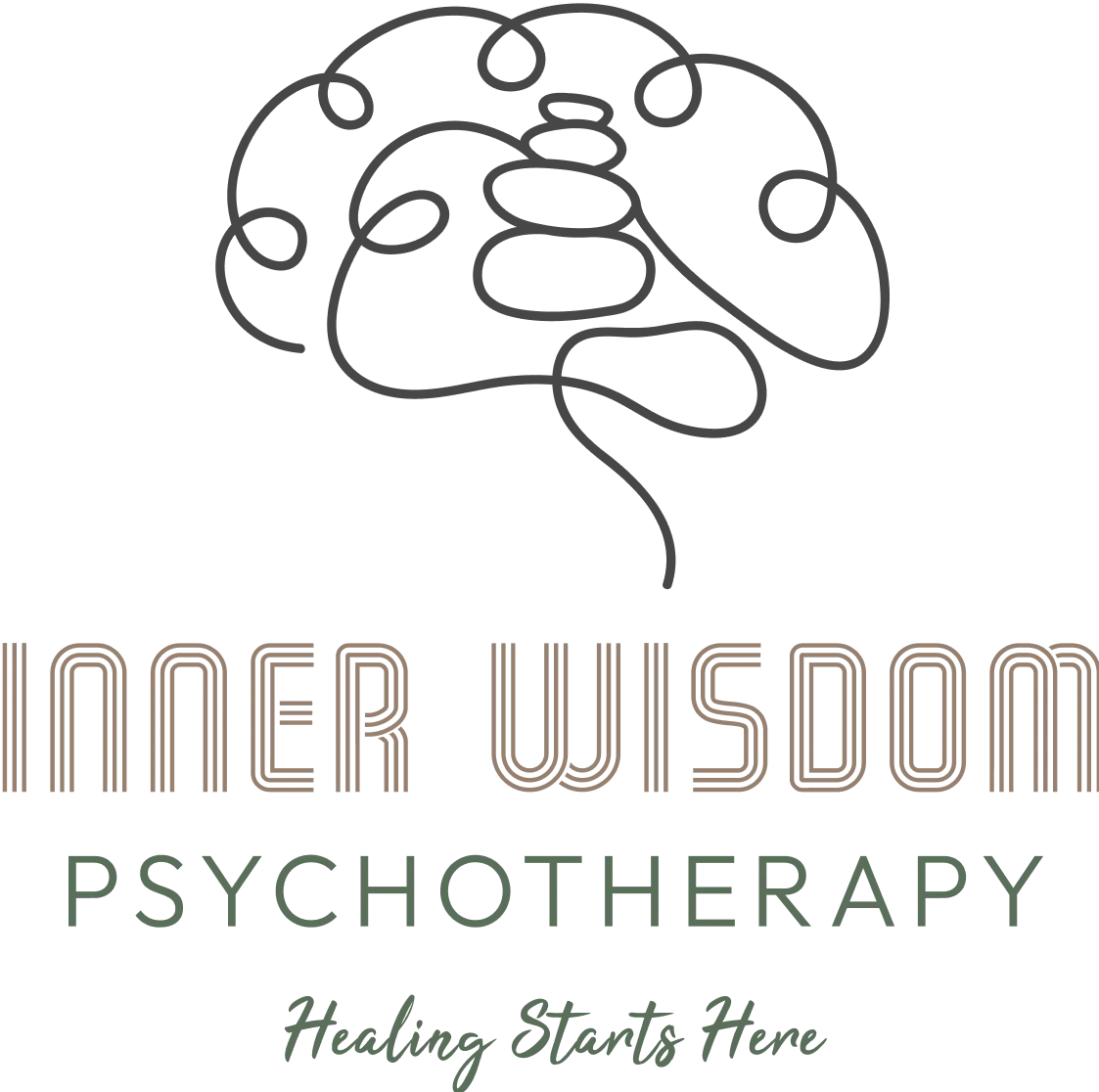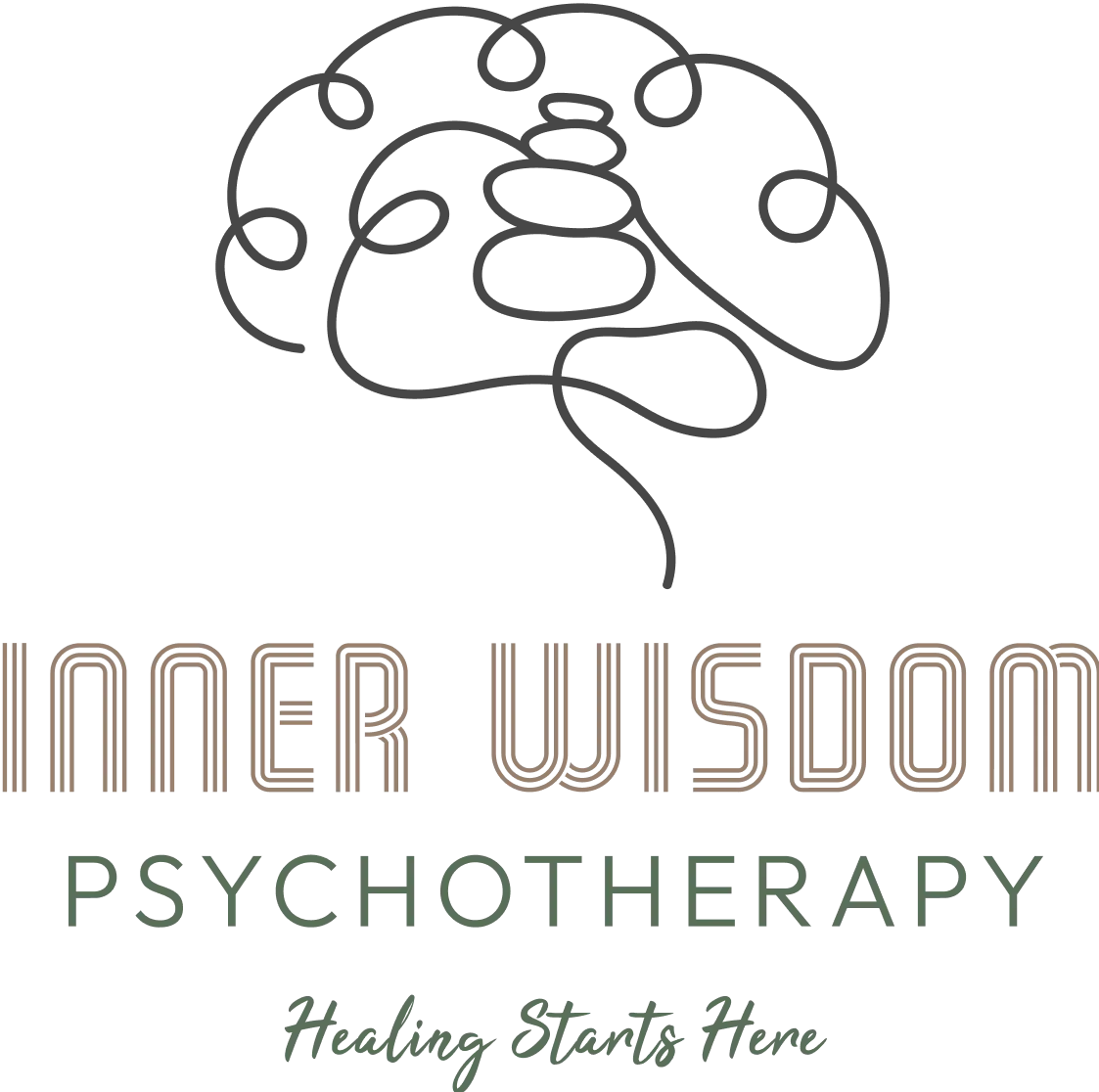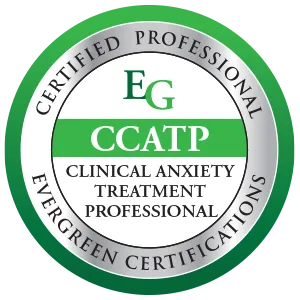
Effective Evidence-Based Treatment Approaches in Ontario
Comprehensive Substance Use Treatment Approaches: Evidence-Based and Holistic Addiction Recovery in Ontario
In my many years as a psychotherapist, I’ve witnessed the profound toll that substance use can take on individuals. Whether episodic or chronic, substance use often disrupts relationships, careers and personal growth—leaving many feeling overwhelmed by shame, isolation and hopelessness. At Inner Wisdom Psychotherapy, my mission is to provide compassionate, evidence-based care that goes far beyond symptom management. Our approach embraces a comprehensive, individualized path to recovery that honors each client’s unique story.
In this article, I’ll show you how understanding the roots and impact of substance use informs effective treatment. We’ll explore the integration of proven therapeutic modalities with holistic healing strategies and virtual therapy options available throughout Ontario, Canada. Together, these approaches support not only sobriety but also renewed emotional resilience and long-term well-being. Whether you’re seeking support for yourself or someone you care about, I invite you to learn more about our practice, the services we offer, and how to connect with us to begin your healing journey. Inner Wisdom Psychotherapy provides addiction therapy to adults across Ontario including London, Kitchener and Cambridge.
Understanding Substance Use and Its Impact
In my practice, understanding substance use means recognizing its varied patterns and the profound impact on both mind and body. Substance use can range from experimental behavior to dependency, with signs including increased tolerance, withdrawal symptoms, neglect of responsibilities and emotional dysregulation.
Recognizing the Signs and Patterns of Problematic Substance Use
The first step in recovery is identifying warning behaviors. Common signs include neglect of daily responsibilities, social withdrawal, mood swings and visible changes in energy levels. In clinical assessments, I use screening tools to capture both subtle and overt behavioral shifts. For example, relying on substances to manage stress or social anxiety often signals that an adaptive response has become maladaptive. Monitoring dosage, frequency and tolerance helps with early intervention, while candid discussions in therapy reveal patterns that might otherwise remain unnoticed.
The Psychological and Emotional Roots of Addiction
Effective treatment involves uncovering the emotional and psychological roots driving addiction. Clients often share histories of unresolved trauma, chronic stress or prolonged grief, which can lead to self-medicating behaviors. Treatment modalities focus on identifying these core pains and examining how they fuel addictive behavior. Recognizing the role of stress and emotional dysregulation allows us to integrate psychotherapeutic techniques that build healthier coping strategies and work toward restoring emotional balance.
Common Co-occurring Conditions (e.g., anxiety, trauma, depression)
Substance use rarely occurs in isolation. Many individuals simultaneously battle conditions like anxiety, depression and post-traumatic stress disorder (PTSD). Overlapping side effects of substance use such as sleep disturbances, irritability and cognitive impairments can complicate treatment and recovery. A comprehensive approach addresses both substance use and these mental health conditions concurrently by tailoring interventions to the full range of a client’s needs. This concurrent treatment model is crucial to prevent one condition from undermining the recovery process of another.
Why a Comprehensive Treatment Approach Matters
I believe that holistic and individualized treatment plans are essential for lasting recovery. A comprehensive approach goes beyond alleviating symptoms and targets the root causes of substance use, while also addressing overall wellbeing.
Moving beyond Surface-Level Symptom Management
Traditional addiction recovery models tend to focus only on managing withdrawal symptoms or immediate cravings. However, merely addressing physical symptoms can lead to cycles of relapse. Comprehensive treatment integrates physical care needs (e.g., withdrawal management, anti-craving medication) with psychological interventions, including cognitive restructuring and stress management techniques. By addressing both observable behaviors and underlying triggers, this approach helps reduce relapse risks. This is particularly vital for adults in Ontario, who have limited addiction support services and where diverse communities face unique social stressors and challenges.
Treating the Whole Person—Mind, Body and Behaviour
A holistic view treats each individual as a composite of mind, body and behaviour. This philosophy supports the integration of evidence-based therapies with complementary practices such as physical movement, meditation, nutritional guidance and expressive arts. In practice, alongside the various therapeutic approaches I use [e.g., Cognitive Behavioural Therapy (CBT), Acceptance and Commitment Therapy (ACT) and Motivational Interviewing], I recommend mindfulness and grounding practices to enhance self-awareness and calm the mind. When the body is nourished and relaxed, it better supports emotional processing, healing and resilience. Combined, these approaches empower clients to rebuild essential life skills and foster lasting sobriety.
The Risks of Fragmented or One-Size-Fits-All Treatment
Fragmented or one-size-fits-all treatments often treat issues in isolation, resulting in disjointed care and higher relapse rates. When different aspects of a person’s issues are treated separately, key interconnections between trauma, mental health and substance use will be overlooked. Personalized treatment plans that consider personal history, cultural context and concurrent mental health conditions are proven more effective.
Evidence-Based Therapies for Substance Use Recovery
Evidence-based therapies are fundamental to effective treatment. Grounded in research and clinical trials, these interventions are both safe and effective for a diverse range of individuals.
Cognitive Behavioural Therapy (CBT) and Relapse Prevention
CBT is one of the most supported methods for treating substance use disorders. In CBT, clients learn to identify and challenge unhelpful thought patterns that contribute to substance use. I work with clients to develop structured relapse prevention plans that include coping strategies and practical exercises for trigger awareness and trigger management. By promoting better self-monitoring and adaptive thinking, CBT significantly reduces relapse rates and serves as a cornerstone of my therapeutic approach.
Acceptance and Commitment Therapy (ACT) to Reclaim Control in your Life
ACT offers a powerful and compassionate approach to treating substance use issues by helping individuals build a new relationship with their thoughts, cravings and emotions. Rather than trying to suppress or control urges to use substances, I use ACT to teach individuals how to accept them as part of the human experience - without acting on them. Through self-awareness, value-based action and psychological flexibility, ACT shows clients how to step out of the ‘struggle’ of addiction and step into a life aligned with what truly matters to them. It's not about fighting addiction - it's about committing to a fuller and more meaningful life even if urges, craving and triggers occur.
Motivational Interviewing to Enhance Readiness for Change
Motivational Interviewing (MI) is a client-centered counselling technique that enhances an individual’s intrinsic motivation to change. In sessions, I use MI to foster reflective dialogue and help clients express personal reasons for pursuing sobriety. Its non-confrontational style effectively engages those who may feel ambivalent about change or have experienced relapses. By addressing ambivalence, MI empowers clients to take an active role in their recovery.
Trauma-informed Care and its Importance in Addiction Treatment
Many substance use disorders have roots in past trauma, making trauma-informed care essential. This approach emphasizes creating a safe, trustworthy, and empowering environment, which minimizes the risk of re-traumatization. I integrate trauma-informed practices—such as grounding techniques, mindfulness and psychoeducation—into every session. Addressing trauma not only reduces addiction severity but also enhances overall treatment outcomes by ensuring that clients feel understood and supported throughout their healing journey.
Holistic Methods to Support Healing
In addition to standard psychotherapies, holistic methods play a crucial role in supporting recovery by promoting the mind-body connection and overall wellbeing.
Mindfulness, Yoga, and Somatic Practices
Practices like mindfulness, yoga and other somatic exercises offer a powerful framework for regaining control over both body and mind. I encourage clients to engage in mindfulness exercises that foster present-moment awareness, which can reduce reactive stress responses. Physical movement, such as yoga, walking and exercise, improves physical stamina, concentration, and facilitates relaxation, thereby lowering stress hormones. Somatic techniques help individuals process and release physical manifestations of trauma, leading to reduced anxiety and improved mood regulation.
Nutritional and Lifestyle Support during Addiction Recovery
Proper nutrition and lifestyle modifications are pivotal during addiction recovery. I encourage clients to focus on hydration and healthful eating. Dehydration and hunger are often overlooked but powerful triggers for substance use as it triggers stress, irritability and emotional discomfort making it harder to manage urges and cravings. Establishing regular sleep patterns and engaging in moderate physical activity further stabilize mood and increase energy levels. These lifestyle changes support cognitive performance and reduce the risk of relapse, complementing both psychological and holistic recovery efforts.
Journaling, Hobbies and Self-reflection Tools
Expressive practices such as journaling and engaging in hobbies provide valuable outlets for processing emotions and experiences. Journaling helps clients track triggers, identify behavioural patterns and explore internal emotions in a structured way. Self expression through hobbies —whether through drawing, music or writing—offer alternative channels for self-expression, especially when words prove insufficient. These practices empower clients to externalize internal struggles and foster deeper self-reflection, which is essential for long-term healing.
Virtual Therapy for Substance Use Support in Ontario
The advancement of technology has made virtual therapy an invaluable resource in substance use recovery. Virtual sessions extend high-quality, expert care to individuals across Ontario, including in areas like London, Kitchener, Guelph, Brantford and Cambridge.
Accessible Therapy for Adults in Ontario
Virtual therapy greatly enhances access to specialized care by overcoming geographical and transportation barriers. Clients who live in areas with limited treatment resources can access comprehensive therapeutic interventions and crisis support from anywhere. This remote service reduces stigma and logistical hurdles, increasing client engagement and adherence to treatment plans.
Building a Consistent Therapeutic Relationship Online
A strong therapeutic alliance is essential regardless of whether treatment is in-person or online. Virtual therapy allows for regular, scheduled sessions through videoconferencing, secure messaging and virtual check-ins. Research suggests that the rapport developed online can be as effective as face-to-face interactions. Clients appreciate the flexibility and consistency of virtual sessions, which help maintain trust and cooperation throughout their recovery.
Privacy, Comfort and Flexibility through Virtual Care
One of the major benefits of virtual therapy is the enhanced privacy and comfort it affords clients. Discussing sensitive issues such as substance use and trauma becomes easier from a familiar, home environment. Virtual sessions eliminate travel and reduce potential triggers associated with clinical settings. The convenience of scheduling sessions to fit personal lifestyles further supports better treatment adherence and outcomes. Secure and encrypted platforms ensure that client confidentiality is always maintained.
Individualized Care at Inner Wisdom Psychotherapy
At Inner Wisdom Psychotherapy, individualized care is the foundation of my treatment approach. Recognizing that every client’s journey is unique, I tailor treatment plans to match personal needs, histories and recovery goals to ensure the most effective path toward sustained healing.
Collaborative Treatment Planning Tailored to your Needs
Collaborative treatment planning empowers clients and fosters personal responsibility in therapy. I actively involve clients in designing their plans by considering their unique challenges, strengths and history. This participatory approach results in interventions that are both relevant and adaptable, building a framework that supports both substance use management and overall mental health. Clients who are invested in planning their care tend to adhere better to treatment and experience lower relapse rates.
Integrating Past Trauma work into Recovery
Addressing past trauma is often essential in treating substance use disorders. I carefully assess each client’s trauma history and incorporate trauma-informed care tailored to their emotional needs. This integration not only aids in understanding behaviour but also fosters the development of healthier coping mechanisms, increasing the likelihood of long-term sobriety.
Ongoing Support to Maintain Progress and Prevent Relapse
Recovery is an ongoing process that requires continued support even after initial treatment. I emphasize regular follow-up sessions, peer support networks and structured relapse prevention strategies. Periodic check-ins, booster sessions, and group meetings create a support net that addresses emerging issues before they escalate. This continuous relationship builds accountability, nurtures resilience and helps clients adapt to life’s evolving challenges while maintaining progress.
Frequently Asked Questions
1. What’s the difference between substance use and substance addiction?
Substance use can range from occasional or experimental use to more frequent patterns. Addiction, however, involves a compulsive drive to continue using substances despite negative consequences. It’s often accompanied by increased tolerance, withdrawal symptoms and a loss of control. At Inner Wisdom Psychotherapy, we recognize addiction as a complex issue that requires an integrated approach—addressing not only physical dependency but also the emotional, psychological and environmental factors that contribute to the cycle of use.
2. Can psychotherapy alone help with addiction recovery?
Psychotherapy plays a central role in recovery by helping individuals understand the emotional roots of their substance use, develop healthier coping mechanisms and create meaningful goals. While therapy alone can be powerful, the most effective recovery plans often combine psychotherapy with medical support, holistic practices and community resources. We offer personalized, trauma-informed care that fits within a larger framework of healing and sustainable recovery. As part of your care at Inner Wisdom Psychotherapy, we also provide referrals to addiction medicine clinics, guidance for when to access withdrawal management centres and collaborative care with your family doctor.
3. How does trauma impact substance use patterns?
Unresolved trauma is one of the most common underlying factors in addiction. Many individuals use substances to numb emotional pain or cope with anxiety, depression or flashbacks. At Inner Wisdom Psychotherapy, we use trauma-focused approaches to help clients process painful experiences in a safe and supportive space. By addressing the root causes of emotional suffering, we help break the cycle of self-medication and support long-term healing.
4. What if I’ve relapsed before—can therapy still help?
Absolutely. Relapse is a common part of the recovery journey and does not mean failure. In therapy, we approach relapse with compassion and curiosity—not judgment. Together, we’ll explore what contributed to the setback, strengthen your coping strategies and adjust your treatment plan to reflect where you are now. Every step, even the difficult ones, can move you forward when met with understanding and support.
5. Is virtual therapy effective for substance use treatment?
Yes. Virtual therapy can be just as effective as in-person care, especially when it is grounded in clinical expertise and a strong therapeutic relationship. Many of our clients appreciate the flexibility, comfort, and privacy of virtual sessions. Whether you're in London, Kitchener, Cambridge, or elsewhere in Ontario, our secure and confidential online therapy services offer consistent, accessible support tailored to your needs.
6. How long does treatment for substance use typically take?
The length of treatment depends on many factors, including the severity of the addiction, the presence of co-occurring conditions like trauma or anxiety, and your personal goals for recovery. Some clients begin to see meaningful change within a few months, while others benefit from long-term support. Our focus at Inner Wisdom Psychotherapy is on creating sustainable and lifelong healing.
7. How do I know if Inner Wisdom Psychotherapy is the right fit for me?
The best way to know is to begin with a consultation. During this time, we’ll explore your needs, your history and what you’re looking for in a therapist. At Inner Wisdom Psychotherapy, we pride ourselves on offering a warm, personalized, and non-judgmental approach. We have supported many individuals across Ontario—including those within the 2SLGBTQ community—in their recovery from substance use, trauma, and co-occurring mental health challenges. If you’re looking for compassionate care that meets you where you are, we’re here to walk alongside you.
Final Thoughts
Substance use recovery is not a one-size-fits-all process—it requires compassion, understanding and a comprehensive approach that supports the whole person. At Inner Wisdom Psychotherapy, we are committed to walking beside you as you explore the root causes of addiction, reconnect with your inner strength and create lasting change. Addiction treatment in Ontario is available for you. Whether you're navigating early recovery, seeking trauma-informed care or rebuilding after relapse, our evidence-based and holistic methods are here to support your healing.
You don’t have to face this journey alone. If you are looking for an addiction therapist in Ontario, reach out today to explore how personalized therapy can support your path forward. Contact Inner Wisdom Psychotherapy at (548) 290-7677 or [email protected] to schedule a confidential consultation and take the first step toward meaningful, lasting recovery.





